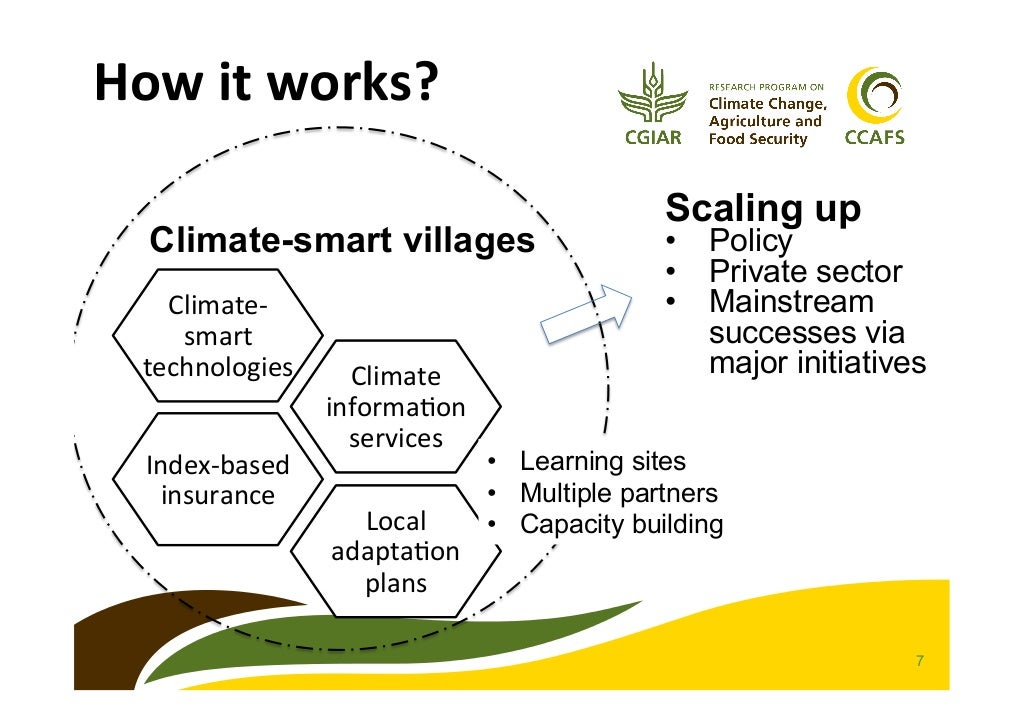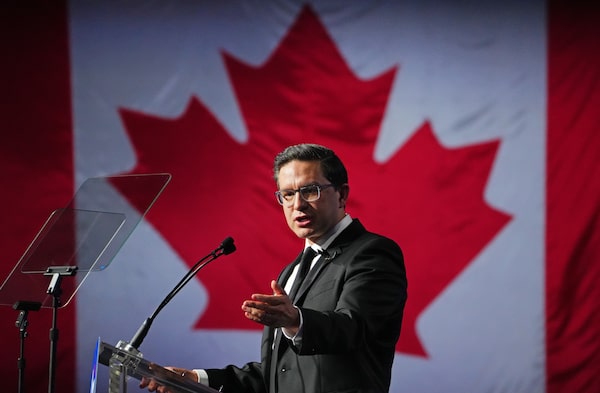The Schneider Electric Climate Smart Village: Transforming Rural African Communities

Table of Contents
Sustainable Energy Access: Powering Progress in Rural Africa
Access to reliable and sustainable energy is fundamental to development, particularly in rural areas. The Schneider Electric Climate Smart Village initiative tackles this challenge head-on through the deployment of innovative energy solutions.
Renewable Energy Solutions
The program focuses on harnessing the power of renewable energy sources to electrify rural communities. This includes:
- Increased access to electricity for homes and businesses: This enables improved living standards, facilitates economic activities, and stimulates entrepreneurship. Businesses can extend their operating hours, leading to increased productivity and income.
- Improved healthcare facilities: Reliable electricity powers medical equipment like refrigerators for vaccines, ensuring their efficacy and safeguarding public health. Better lighting also improves the quality of care.
- Enhanced educational opportunities: Lighting in schools extends learning hours and allows for the use of educational technology, improving the quality of education and opening doors to a brighter future.
Key technologies driving this transformation include solar energy, mini-grids, and other off-grid solutions, bringing much-needed rural electrification to previously underserved areas. This approach ensures energy access is both sustainable and locally adaptable.
Energy Efficiency Initiatives
Beyond providing energy access, the Schneider Electric Climate Smart Village program also prioritizes energy efficiency. This includes:
- Training programs for local communities: These programs educate villagers on energy-efficient practices, empowering them to reduce their energy consumption and costs.
- Distribution of energy-efficient lighting and cooking solutions: Replacing inefficient appliances with energy-efficient alternatives significantly reduces energy waste and promotes sustainable living.
- Reduction in energy consumption and costs: The combined effect of these initiatives leads to lower energy bills for households and businesses, freeing up resources for other essential needs.
Energy conservation and the adoption of energy-efficient appliances are central to the long-term success of these villages, ensuring sustainability and resilience.
Improving Water Management and Agriculture: Resilience Against Climate Change
Climate change significantly impacts agriculture and water resources in rural Africa. The Schneider Electric Climate Smart Village addresses these challenges through innovative water management and sustainable agricultural practices.
Smart Irrigation Systems
The implementation of smart irrigation systems plays a crucial role in optimizing water usage and improving crop yields:
- Increased crop yields: Precise irrigation ensures that crops receive the optimal amount of water, leading to healthier plants and increased harvests.
- Reduced water waste: Smart irrigation systems minimize water loss through evaporation and runoff, maximizing the efficiency of water usage.
- Improved drought resilience: Efficient water management helps communities withstand periods of drought, safeguarding food security.
- Enhanced food security: Higher crop yields contribute to increased food availability and improved nutrition within the community.
Precision agriculture, enabled by these smart irrigation systems, is key to building resilience against climate change impacts.
Sustainable Agricultural Practices
Promoting climate-smart agriculture is crucial for long-term sustainability:
- Training on sustainable farming methods: Villagers learn techniques such as agroforestry, crop rotation, and organic farming, improving soil health and reducing reliance on chemical inputs.
- Introduction of climate-resilient crops: Drought-resistant and disease-resistant crops are introduced to enhance the adaptability of agriculture to changing climate conditions.
- Diversification of farming practices: Reducing dependence on single crops mitigates risks associated with climate variability and pests.
- Improved soil health: Sustainable farming techniques improve soil fertility, leading to healthier crops and increased yields.
Water conservation and sustainable agriculture are intrinsically linked, working together to enhance food security and community resilience.
Empowering Communities: Education and Economic Development
The Schneider Electric Climate Smart Village initiative recognizes that sustainable development requires empowering local communities through education and economic opportunities.
Skills Development Programs
The program provides access to various training and education initiatives:
- Vocational training: Villagers receive training in skills relevant to local needs and opportunities, improving their employability.
- Entrepreneurship development: Support is provided to develop small businesses, fostering economic growth and creating jobs.
- Digital literacy programs: Training in digital skills enhances access to information and opportunities in the digital economy.
- Improved job opportunities: The combined effect of these initiatives leads to a wider range of employment opportunities within the community.
Economic Growth and Opportunity
Empowerment translates into tangible economic benefits:
- Increased income generation: Improved skills and access to opportunities lead to higher incomes for families and businesses.
- Improved livelihoods: The overall quality of life improves as economic opportunities expand.
- Enhanced business opportunities: The availability of reliable energy and improved infrastructure fosters entrepreneurship and business growth.
- Reduced poverty: Economic growth contributes to poverty reduction and improved living standards.
Community development is at the heart of the initiative, ensuring that economic growth benefits all members of the community.
Technological Innovation and Digital Inclusion: Bridging the Gap
The Schneider Electric Climate Smart Village leverages technological innovation and promotes digital inclusion to bridge the gap between rural communities and modern advancements.
Smart Technologies and IoT
The Internet of Things (IoT) plays a vital role in efficient resource management:
- Remote monitoring of energy and water systems: Smart sensors and data analytics allow for real-time monitoring of energy and water usage, optimizing efficiency and detecting potential problems.
- Data-driven decision making: Data collected from smart systems informs better decision-making, improving the effectiveness of resource management.
- Improved efficiency and sustainability: Data-driven insights lead to more efficient resource allocation and improved sustainability.
- Enhanced access to information: Digital technologies provide access to vital information, improving community awareness and participation.
Digital Inclusion Programs
Bridging the digital divide is a crucial aspect of the initiative:
- Access to internet and communication technologies: Improved connectivity expands access to information, education, and markets.
- Digital literacy training: Training in digital skills empowers villagers to fully utilize digital technologies.
- Improved connectivity and communication: Better communication facilitates collaboration and access to vital services.
Digital transformation is crucial for building resilient and connected communities.
Conclusion
The Schneider Electric Climate Smart Village initiative showcases a powerful model for sustainable development in rural Africa. By combining renewable energy solutions, smart technologies, and community empowerment programs, these villages are not only adapting to climate change but are also thriving. The initiative's success highlights the potential for creating resilient and prosperous communities through innovative approaches to energy access, water management, and economic development. Learn more about the impact of the Schneider Electric Climate Smart Village and how you can contribute to this transformative work by visiting [link to Schneider Electric's website].

Featured Posts
-
 Betting On California Wildfires A Disturbing Trend
Apr 30, 2025
Betting On California Wildfires A Disturbing Trend
Apr 30, 2025 -
 Skolmassakern Helena Och Ivas Kamp Foer Oeverlevnad
Apr 30, 2025
Skolmassakern Helena Och Ivas Kamp Foer Oeverlevnad
Apr 30, 2025 -
 Ekklisi Toy Le Maire Patriotismos Gia Tis Gallikes Epixeiriseis Apenanti Stoys Dasmoys Trump
Apr 30, 2025
Ekklisi Toy Le Maire Patriotismos Gia Tis Gallikes Epixeiriseis Apenanti Stoys Dasmoys Trump
Apr 30, 2025 -
 Blue Ivys Face Says It All Fans React To Beyonces Grammy Triumph
Apr 30, 2025
Blue Ivys Face Says It All Fans React To Beyonces Grammy Triumph
Apr 30, 2025 -
 Earth Day Fun At Pocono Center Educational Activities And Community Engagement
Apr 30, 2025
Earth Day Fun At Pocono Center Educational Activities And Community Engagement
Apr 30, 2025
Latest Posts
-
 Analysis Pierre Poilievres Election Loss And Its Impact On Canadian Politics
Apr 30, 2025
Analysis Pierre Poilievres Election Loss And Its Impact On Canadian Politics
Apr 30, 2025 -
 President Trumps First 100 Days A 39 Approval Rating And The Impact Of Travel Delays
Apr 30, 2025
President Trumps First 100 Days A 39 Approval Rating And The Impact Of Travel Delays
Apr 30, 2025 -
 Unexpected Defeat Pierre Poilievre Loses His Seat In Canadian Election
Apr 30, 2025
Unexpected Defeat Pierre Poilievre Loses His Seat In Canadian Election
Apr 30, 2025 -
 Canadian Conservative Leader Pierre Poilievre Faces Election Setback
Apr 30, 2025
Canadian Conservative Leader Pierre Poilievre Faces Election Setback
Apr 30, 2025 -
 Resilient Investments Fuel China Lifes Profit Increase
Apr 30, 2025
Resilient Investments Fuel China Lifes Profit Increase
Apr 30, 2025
